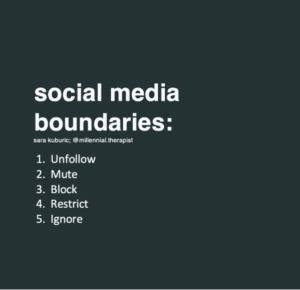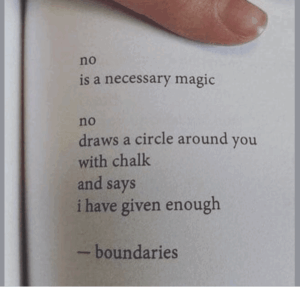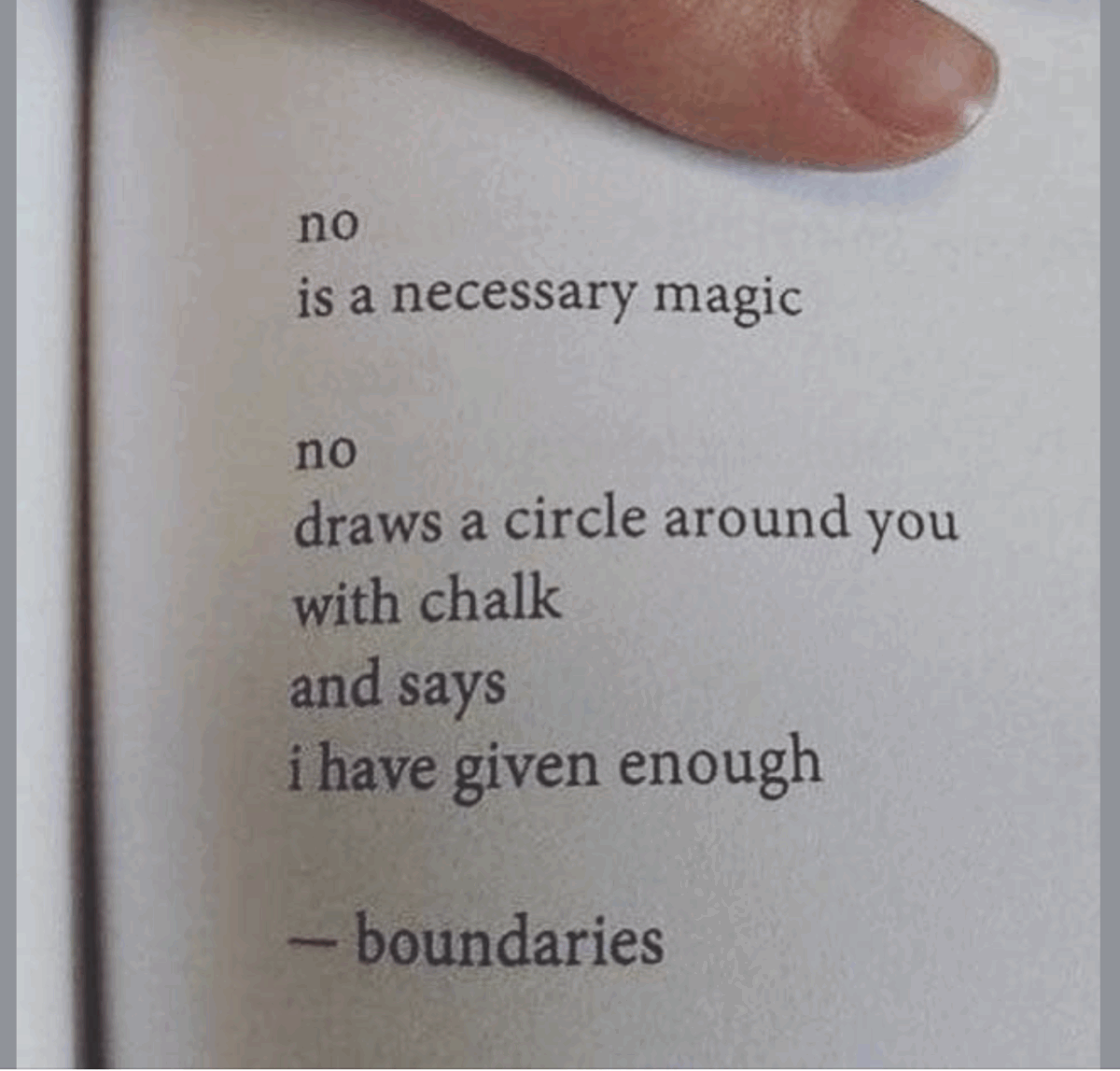Over the past few weeks, I’ve unfollowed and snoozed more accounts than I can count. At first, I questioned myself—Is this silly? Am I being too sensitive? But the truth is, this isn’t about creating an echo chamber. It’s about balance. It’s about mental health. It’s about boundaries.
I’ve been intentional for years with what I post online. I want to use my platform to inspire, to spark meaningful conversations—not to argue or fuel negativity. I used to follow a writer whose posts on parenting and sending kids off to college were a lifeline for me, giving me perspective from someone just a few steps ahead. But over time, her content shifted. It started to feel heavy, even confrontational. And as much as I valued what she once shared, I had to unfollow.

It’s something I’ve noticed more often lately—I’ll scroll past a post and find myself asking, “Why would someone put that out there?” It feels like picking a fight. That’s when I know it’s time to step back and reset my own boundaries.
Learning the Language of Boundaries
A few years ago, I found Terri Cole and her book Boundary Boss. Her podcast became one of my go-to listens, and her book completely reshaped how I thought about boundaries. Terri teaches that boundaries aren’t walls to shut people out—they’re bridges that help us protect our peace while still staying connected.
It made me realize that setting boundaries isn’t just something I need for myself. It’s a skill we should be teaching our kids, too. Whether it’s around technology, friendships, or how they allow people to treat them, boundaries are essential to navigating life with confidence.
And yet, as parents, we so often try to shield our kids from getting hurt instead of teaching them how to protect themselves. The truth is, boundaries won’t always prevent disappointment or rejection. But they give our kids tools to respond in healthy, self-respecting ways.
Boundaries in a New Season of Parenting
I’m learning this all over again in real time. My oldest is almost 19 and a freshman in college. This new season of parenting has been filled with so many “guard rail” moments, times when I’ve had to remind myself that I can’t control the outcomes. I can’t prevent every bump.
What I can do is respect his boundaries as he steps into adulthood, even as I’m figuring out my own. I can trust that the lessons we’ve been building over the years—about resilience, about kindness, about self-respect—will help him when he hits those guard rails.
And I can continue modeling what boundaries look like in my own life: from the content I allow into my social media feed, to the time I spend scrolling, to the way I engage with friends and family.
A Gentle Reminder

Social media can be both a gift and a drain. The same goes for parenting, friendships, and even the way we talk to ourselves. That’s why boundaries matter so much.
Limit the time you spend scrolling.
Unfollow or mute accounts that don’t serve you.
Teach your kids that it’s okay to say no, even to friends.
Remember: boundaries aren’t selfish. They’re an act of love—both for yourself and for the people you care about.
I’m still figuring this out day by day, and I imagine you are too. But maybe that’s the point—boundaries aren’t something we set once and never touch again. They shift with us as life shifts. And that’s okay.




Leave a Reply